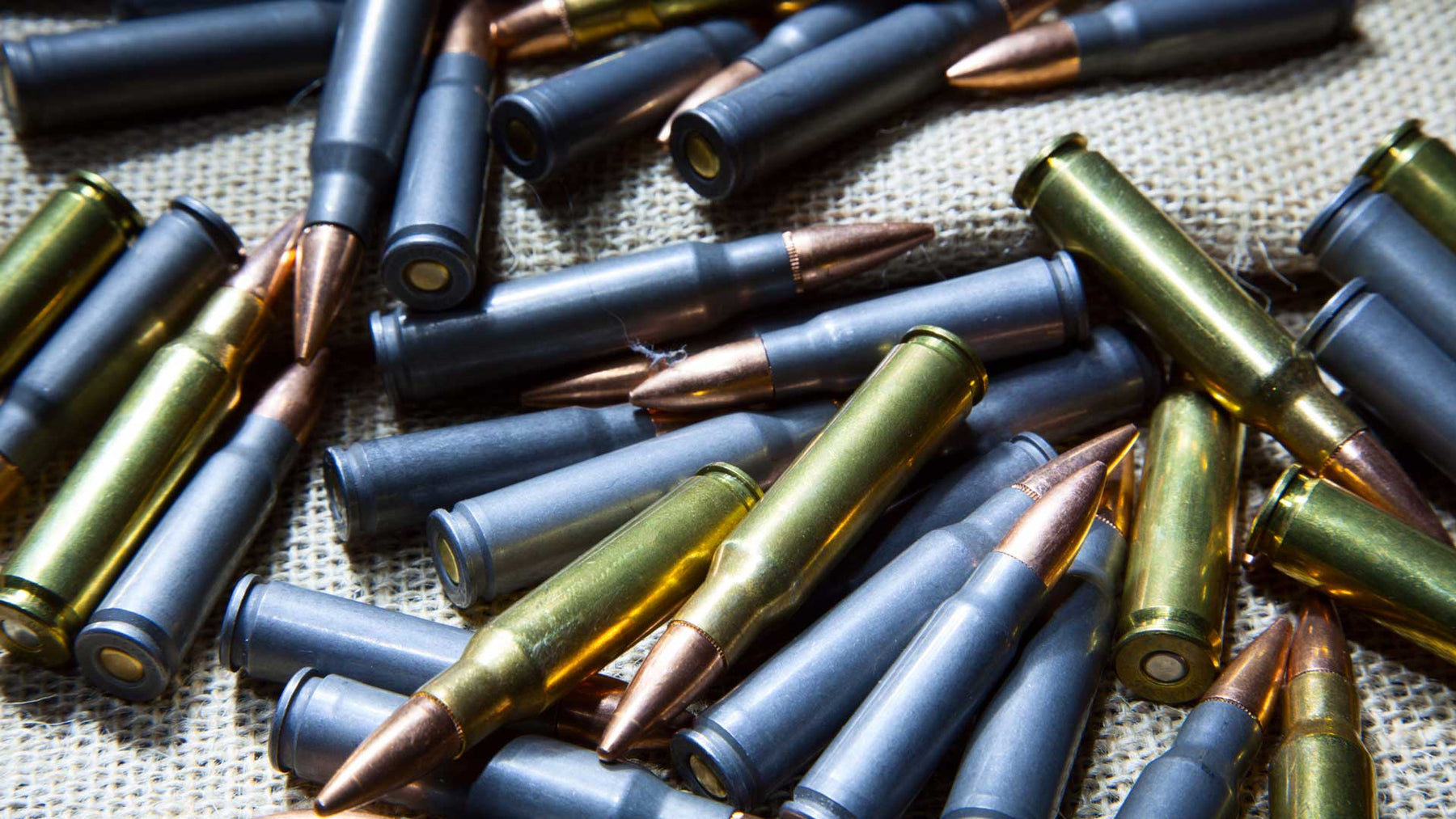April 11, 2023
Clark Armory
The Key Differences Between Brass and Steel Case Ammunition
As a firearm enthusiast, one of the most critical decisions you will make is the type of ammunition you choose to use for your firearm. The type of ammunition you choose can have a significant impact on your shooting experience, including accuracy, reliability, and cost. Two of the most common types of ammunition available are brass and steel case ammunition. While both types of ammunition are effective, they have unique characteristics that distinguish them from one another.
Brass Case Ammunition
Brass case ammunition is the more traditional option, and for many shooters, the gold standard for reliability and accuracy. Brass is an alloy of copper and zinc, which makes it an excellent material for casings due to its malleability and durability. This durability is a significant advantage because it means brass casings can withstand multiple firings, making them an excellent choice for reloaders. Brass is also corrosion-resistant, which means that it can handle exposure to the elements much better than steel.
Performance
When it comes to performance, brass casings are often associated with greater accuracy than steel casings. This is because brass has a lower coefficient of friction than steel, which means that brass cases tend to have less resistance when moving through the chamber and barrel of the gun. This can lead to more consistent velocities and better accuracy downrange. Additionally, because brass is more malleable than steel, it can better conform to the chamber of the gun, creating a tighter seal that can further improve accuracy.
Steel Case Ammunition
Steel case ammunition, on the other hand, is less expensive than brass and is a great choice for shooters on a budget. Steel casings are made from, as the name implies, steel, which is a much cheaper material than brass. This cost difference can be significant, especially for those who shoot frequently. However, there are some trade-offs to using steel cases.
Reliability
One significant disadvantage of steel case ammunition is that it can be less reliable than brass. Steel is a harder metal than brass, which means that it can wear on the extractor of a firearm more quickly. Additionally, steel expands and contracts at a different rate than brass, which can lead to some reliability issues, especially with firearms that have tighter tolerances. Because of these issues, some firearms manufacturers explicitly warn against using steel case ammunition in their guns.
Cleanliness
Another drawback of steel case ammunition is that it tends to be dirtier than brass. This is because steel does not expand and contract as much as brass when it heats up, which can lead to more fouling in the chamber and barrel of the gun. This fouling can affect accuracy and can make cleaning more challenging.
Corrosion Resistance
One significant advantage of steel case ammunition is that it can be less prone to corrosion than brass. While brass is corrosion-resistant, it can still corrode over time, especially in humid or salty environments. Steel is less susceptible to corrosion, making it an excellent choice for shooters who frequently shoot in harsh conditions.
Conclusion
In conclusion, both brass and steel case ammunition have their advantages and disadvantages, and the choice between the two ultimately comes down to personal preference and the type of firearm you are shooting. If you are looking for the most accurate and reliable ammunition and don't mind spending a little extra money, brass case ammunition is the way to go. However, if you are on a budget or shoot in harsh conditions frequently, steel case ammunition can be a great choice. Just be aware of the potential reliability issues that come with using steel cases, and be sure to clean your firearm thoroughly after each use.

